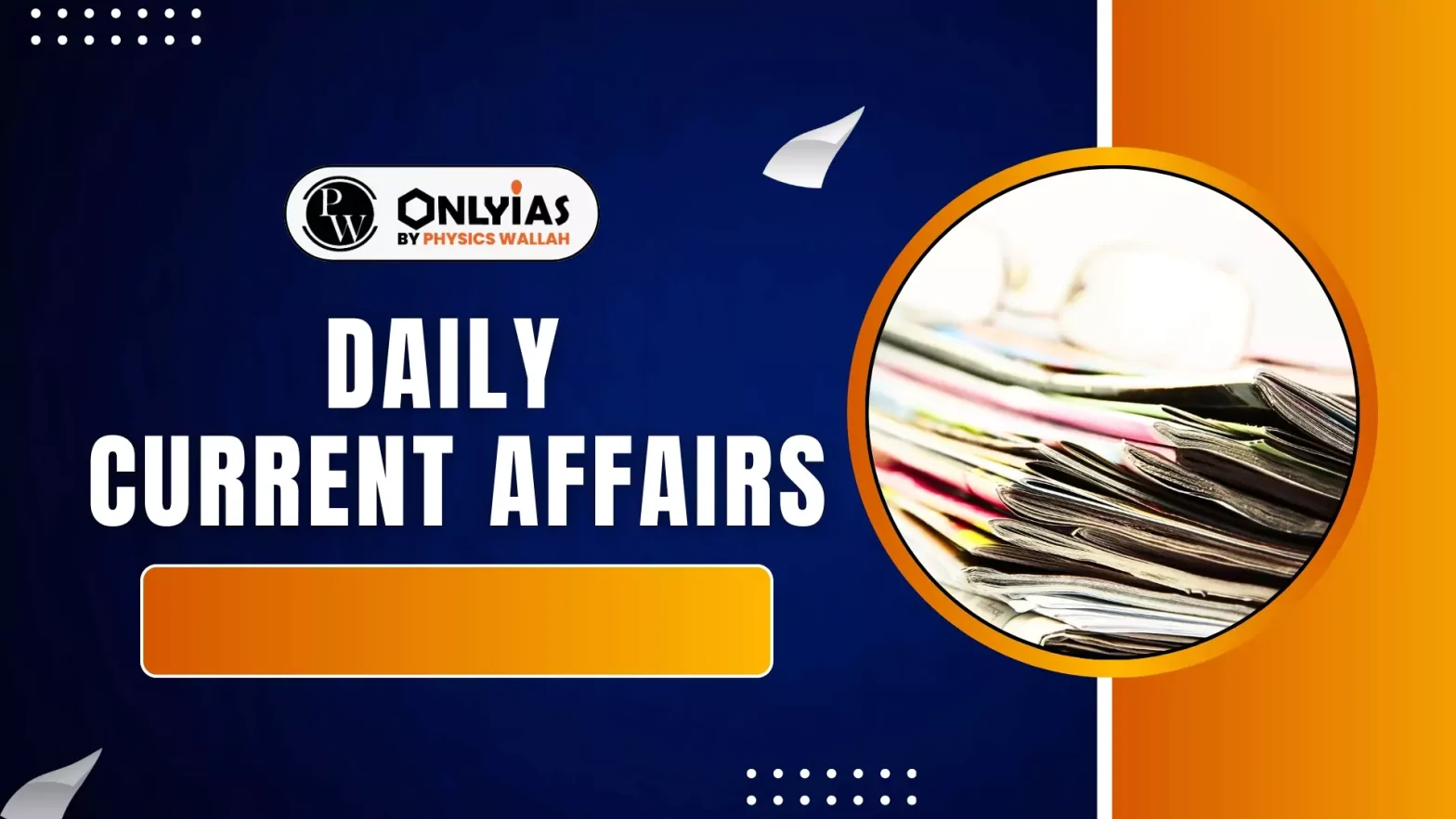The Environment Ministry has authorised the creation of a new class of independent Environment Auditors under the Environment Audit Rules, 2025, to strengthen compliance monitoring and supplement the work of State PCBs.
About the Initiative
- Independent Auditors: Private agencies can get accredited and licensed as environmental auditors, similar to chartered accountants.
- Role: Evaluate project compliance with environmental laws and best practices in the prevention, control, and abatement of pollution.
- Gap-Filling Measure: Aims to address manpower and infrastructure constraints of CPCB, Regional Offices, and State PCBs.
Key Features
- Accreditation: Private agencies may obtain licences to function as authorised auditors.
- Scope of Audits: Can undertake Environmental Impact Assessment (EIA) studies, later appraised by expert committees.
- Transparency & Accountability: Designed to strengthen trust in compliance monitoring and promote sustainable environmental governance.
Implementation Mechanism
- Applicable Rules: Audits by these agencies can be used for compliance under:
- Green Credit Rules
- Ecomark Rules, 2024
- E-Waste (Management) Rules, 2022
- Plastic Waste Management Rules, 2016
- Battery Waste Management Rules, 2022
- Van (Sanrakshan Evam Samvardhan) Adhiniyam, 1980
- Wild Life (Protection) Act, 1972, and related regulations.
About Environment Audit Rules, 2025
- Objective: To address gaps in compliance monitoring due to manpower and resource constraints in CPCB, SPCBs, and Regional Offices.
- Scope: Ensures compliance with the Environment (Protection) Act, 1986, Forest (Conservation) Act, 1980, Wildlife (Protection) Act, 1972, Green Credit Rules, 2023, and other related legislations.
- Approach: Introduces independent, certified, and registered Environment Auditors (EAs) for third-party compliance verification.
Key Features of the Rules
- Certification & Registration:
- Auditors are to be certified by the Environment Audit Designated Agency (EADA).
- Certification through Recognition of Prior Learning (RPL) or National Certification Examination (NCE).
- Only Registered Environment Auditors (REAs) are allowed to undertake audits.
- Role of REAs:
- Compliance evaluation, sampling, analysis, and compensation calculation.
- Verification under Green Credit Rules and waste management laws.
- May also verify self-compliance reports by project proponents.
- Random Assignment: REAs to be allocated to projects through a randomised system to prevent bias.
- Capacity Building: EADA to maintain an online register, monitor performance, take disciplinary action, and conduct training.
- Oversight Mechanism: A Steering Committee chaired by an Additional Secretary, MoEFCC, with representatives from regulatory bodies.
- Functions: Monitor progress, resolve challenges, and suggest reforms.
Significance of the Rule
- Stronger Compliance: Independent third-party audits make compliance credible and enforceable.
- Enhanced Capacity: Creates a pool of trained auditors, freeing regulators for high-risk enforcement.
- Data-Driven Governance: Regular audits provide digitised, verifiable data for better decision-making.
- Risk Management: Enables early detection of non-compliance and timely corrective action.
![]() 5 Sep 2025
5 Sep 2025

